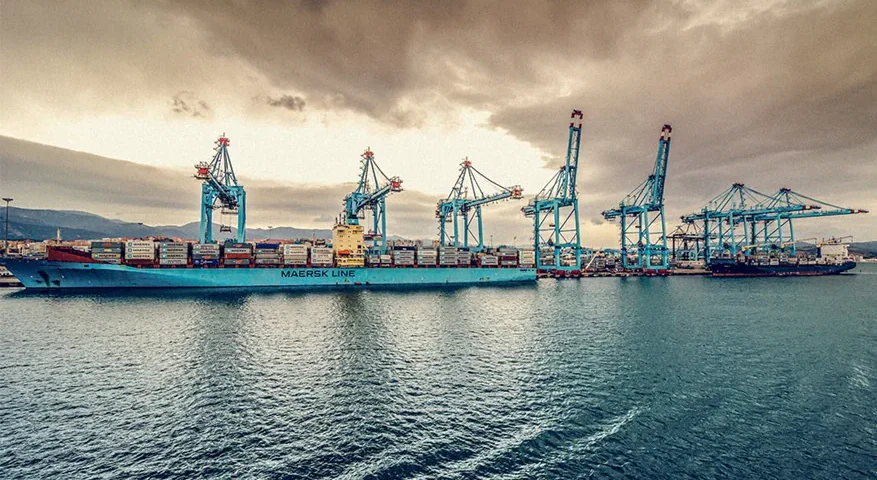“MSC Mediterranean Shipping Company and A.P. Moller – Maersk announced they have mutually agreed to discontinue the 2M alliance, set to end in January 2025. This implies that the 10-year agreement which was signed in 2015 will not be extended.
In a presentation on the future of #alliances in container shipping delivered on May 10, 2022, during the FIATA International Federation of Freight Forwarders Associations “Market Structure and Maritime Competition” Webinar Series, PortEconomics co-director Theo Notteboom already underlined that there is a very strong focus on the role of regulation – the EU Block Exemption Regulation or BER in particular – when assessing the future of alliances.
Theo Notteboom details his viewpoint following the announcement of the discontinuation of 2M following the conclusion of the ten years agreement in 2025:
“We often overlook the role played by internal drivers and impediments of alliance membership to the carriers:
(A) While the three alliances currently in existence (2M, THE Alliance, and Ocean Alliance) play a key role in capacity management on the main East-West routes, carriers show an increased level of pragmatism when setting up vessel sharing aggreements with other carriers on these and other trade routes;
(B) Alliances imply a certain loss of strategic and operational independence when designing joint liner services or selecting ports of call, resulting in sometimes hefty negotiations between alliance members (see our paper https://lnkd.in/eQC7KEan on the role of terminal ownership of alliance members on port choice);
(C) Alliance membership becomes more difficult to reconcile with far-reaching vertical integration strategies of carriers. Both Maersk and MSC have taken distinctive steps in this direction in the past few years (see our recent paper https://lnkd.in/eftD2GHJ for a more detailed analysis on logistics integration by Maersk and MSC);
(D) Alliances typically play a strong role in company survival during depressed market conditions. However, the added value of alliances might be less obvious during ‘good times’ when carriers enjoy healthy financial positions;
(E) Alliance membership can overcome a lack of economies of scale and network effects of individual carriers. The more extensive the global service network of a member becomes, the less benefits alliances bring in this respect.
Theo Notteboom
You might read more on the impediments for the carriers involved in alliances by visiting the www.porteconomicsmanagement.org: Main Impediments for Carriers to be Involved in Alliances












